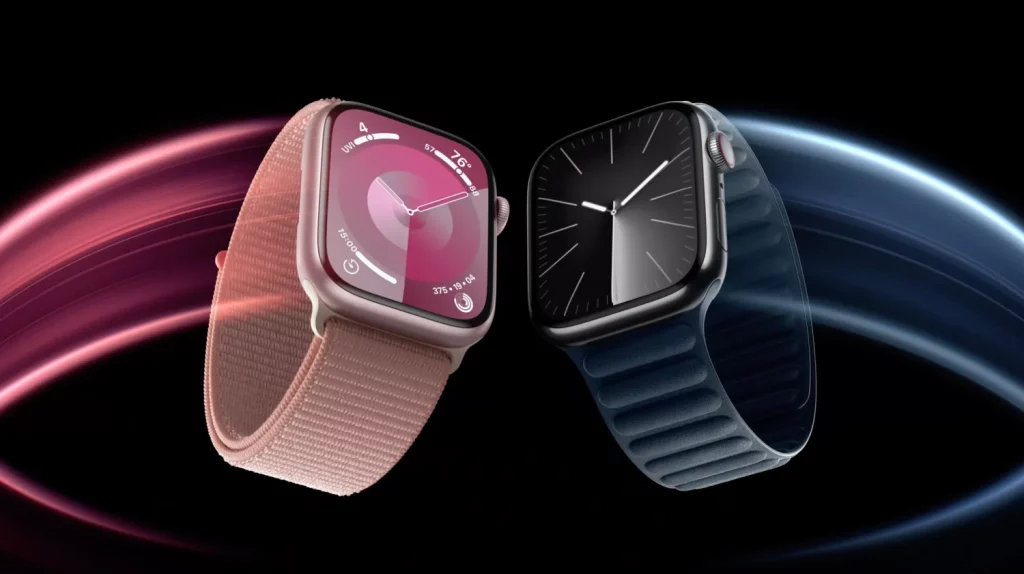The US Department of Justice (DOJ) recently sued Apple, accusing it of monopolistic practices. One issue highlighted in the lawsuit is the limited compatibility of third-party smartwatches with iOS.
While iPhones and other Apple devices seamlessly integrate with Apple’s own smartwatch, third-party smartwatches have significantly restricted features on iOS. The DOJ’s lawsuit against Apple points to this exclusivity as evidence of anti-competitive behavior.
Technical issues ended Apple’s 3-year Android watch experiment
In response, Apple publicly disclosed that it had considered making the Apple Watch compatible with Android smartphones. However, this idea was ultimately abandoned due to technical challenges.

Apple revealed that it spent three years exploring the feasibility of an Android-compatible Apple Watch. Nevertheless, the company decided to scrap the project because of technical limitations.
The disclosure aligns with earlier reports by Bloomberg’s Mark Gurman, who discussed both technical hurdles and business considerations influencing Apple’s decision.
Although the chance of Apple making its watches compatible with Android seems slim, the US lawsuit might make the company reevaluate its decision. Apple might need to explore new ways to enable the compatibility.
No doubt, there’s an advantage for consumers if all devices, regardless of brand, could seamlessly work together. However, Apple’s strength lies in its tightly integrated ecosystem. Users greatly appreciate the seamless connection between iPhone, iPad, Apple Watch, and other Apple products.
Thus, maintaining this cohesive ecosystem is advantageous for Apple. But on the other hand, it does limit users with Apple products from considering alternatives. While it ensures a smooth user experience, it also restricts choice for consumers.
Apart from this, the DOJ’s lawsuit has noted several other issues with Apple, including concerns about “green bubbles” and the alleged App Store monopoly within iOS.
Related:
- Apple halts in-house MicroLED display plans rumored for use in Watch Ultra 2
- Apple’s GenAI Plans Take A Twist, Gemini AI Could Arrive On iPhones
- Apple Sets Ambitious Production Targets For AirPods 4, Two Models Expected To Debut Later This Year
- Get Redmi K70 Pro for discounted price of $499
- Get the Realme GT5 Pro phone on Giztop for $599
- How to add/remove someone in a WhatsApp group (with screenshots)
(Via)







